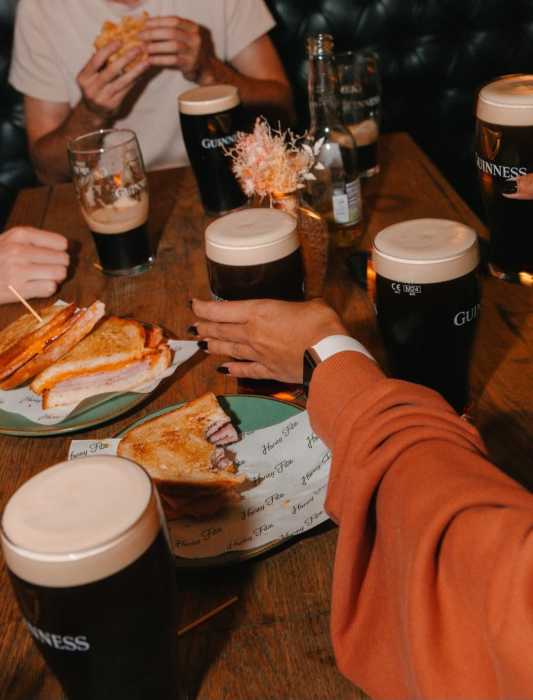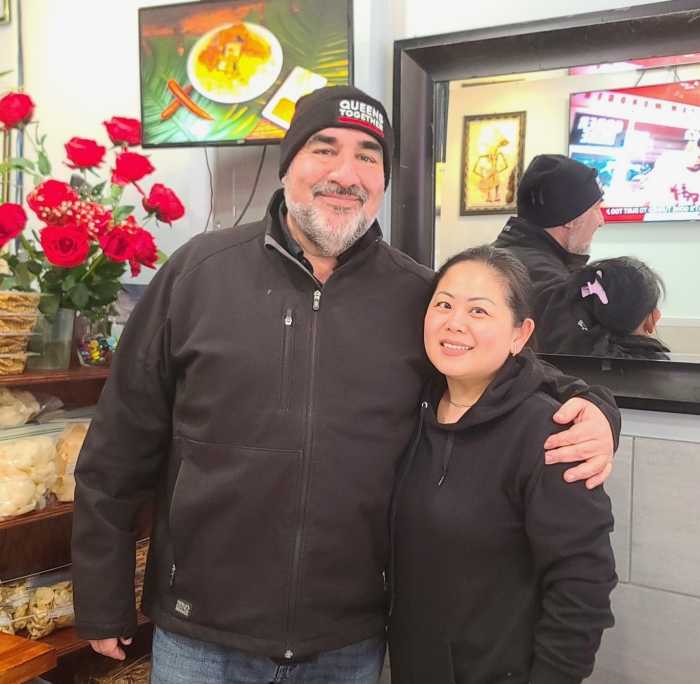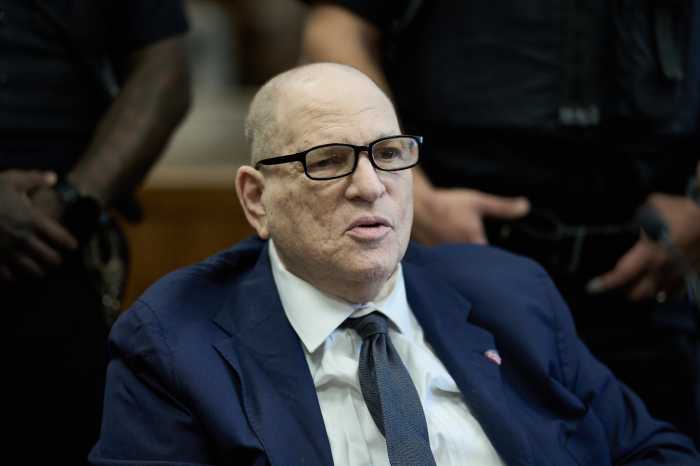By Lenore Skenazy
Just a few weeks after the terror attacks of 9/11, Gilbert Gottfried took to the stage of the Friar’s Club and explained he had to leave early to catch a plane to California.
“I couldn’t get a direct flight,” he said. “We have to make a stop at the Empire State Building.”
The crowd booed and someone yelled, “Too soon!” But in fact, Gottfried’s timing was impeccable.
He told the joke before the invention of Twitter.
Also before outrage became America’s consuming passion.
The rollicking new documentary, “Can We Take a Joke?” brings our lust for umbrage into sharp focus. Audiences, it points out, have become hypersensitive — especially on campus. Chris Rock and Jerry Seinfeld have both sworn off college gigs, because as Rock put it, “You can’t even be offensive on your way to being inoffensive.”
And so the film, by documentarian Ted Balaker with support from the free-speech advocacy group the Foundation for Individual Rights in Education, interviews comedians both famous and up-and-coming about how they’re dealing with the onslaught of offendedness.
One interviewee, stand-up Jim Norton, has worked his frustration into his routine.
“Why is comedy the only form of the arts where people think they have to agree with or approve the content?” he asks. “You don’t walk through a museum with a towel and throw it over paintings you don’t like, (saying) ‘I don’t want anybody else seeing this because I don’t enjoy it.’ ”
Comedy’s job is, as George Carlin once said, “to find where the line is drawn and cross it deliberately.” That’s been the comedian’s job ever since the first jester joked about the king’s much younger wife.
“If we steered clear of every topic that could offend someone, we couldn’t open our mouths,” says Lisa Lampanelli, whose entire act is making fun of absolutely everyone. That might not be your thing. But if it’s not, stay home.
Instead, audiences are coming in, sitting down, and demanding that comics not say anything crude or cruel. But when my idea of cruel is your idea of hilarious, my super-sensitivity automatically wins. I get to declare not just that the comic isn’t funny, but that he is a bad person and needs to be punished.
Consider what happened at Washington State University, where a student named Chris Lee wrote a musical designed to offend absolutely everyone. In fact, he billed it as such. But one night, the university itself requested 40 tickets.
Those ticket holders came in and started shouting, “I’m offended!” They stood up and shook their fists. The shouts grew into threats. And guess what?
Turns out the university had paid them to attend and disrupt the show. When Chris asked the cops for protection, they wouldn’t promise it. He had become someone not worth saving because he was politically incorrect.
Then there’s Justine Sacco. The young publicist was on her way to South Africa. As she boarded the plane she tweeted, “Going to Africa. Hope I don’t get AIDS. Just kidding. I’m white.” She was making a lame joke about the way whites see Africa, the continent where her parents had worked as anti-racism activists.
But one of her handful of Twitter followers assumed this was actually a racist remark and retweeted it. It got picked up by more and more people and by the time Sacco got off her 12-hour flight, she found herself the No. 1 trending item worldwide on Twitter, with people calling for her to be raped or killed.
Because of a bad joke.
Jon Ronson wrote about her story in his book, “So You’ve Been Publicly Shamed.” As he notes in the film: The mob that took her down wasn’t actually making the world a better place. It was just getting off on outrage.
The same thing happened to Gottfried when he joked after the 2011 tsunami, “I was talking to my Japanese real estate agent. I said, ‘Is there a school in this area?’ She said, ‘Not now. But just wait.’ ” He lost his job as the Aflac duck, and became officially a terrible person — more so than after 9/11, when we were still able to be shocked but move on.
Now, maybe that wasn’t a tasteful joke. But comedy does not have to be tasteful. It has to be allowed. It is free speech. It is the way a society copes with its fears and stands up to tyranny. I’m guessing Vladimir Putin doesn’t tolerate a lot of anti-Putin punch lines.
“Do you really want to live in a world where everyone has to think twice before they tell any kind of a joke?” asks Greg Lukianoff, the president of FIRE.
America, lighten up — or be prepared for dark times.
“Can We Take a Joke?” is available through iTunes and on demand through most cable and satellite providers.


































